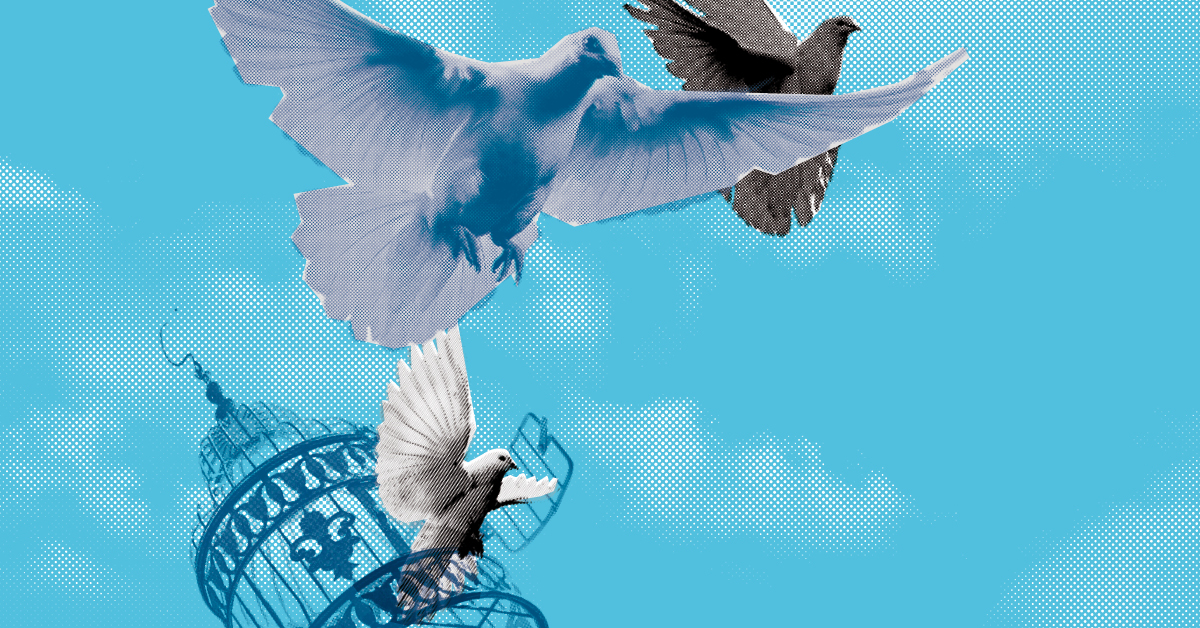Dear Readers,
In January 1918 the US President Woodrow Wilson delivered a landmark speech to the Congress. In his speech—that became known as Fourteen Points—he de ned war goals and peace terms that created a framework for ceasefire in November 1918 and 1919 Paris peace agreements. He employed a concept of self-determination of nations and thus paved a way for creation of independent states on the ruins of Austro-Hungarian Empire. It applied most prominently to new republics of Poland and Czechoslovakia. A century later, is it not only for historians to judge the merits of Wilsonian idealism. How do we read a heritage of Wilsonian policy in current circumstances where the US has moved from Wilson to Trump and instead of Masaryk’s Czechoslovakia we have Zeman’s Czechia?
Woodrow Wilson was right in analyzing that it was economic protectionism and secret diplomatic deals which led to horrors of the Great War. As it happens to idealists, he was better in analysis than in finding a remedy. He envisaged a postwar international order based on free trade and transparent multilateral agreements which brought to life a League of Nations—a precursor of United Nations. The League proved to be toothless to prevent an outbreak of yet another war of global dimensions.
What kind of practical lessons can we draw today from successes and failures of Wilson’s policies? In June we plan a conference dedicated to challenges of self-determination and free trade in current European context. Already in this issue of Aspen Review you can find a several reflections of Wilson’s heritage.
Constance and Brendan Simms explain how international system based on Fourteen Points was rolled back by Hitler. After 1945 and 1989 we failed to create a system of shared values in Europe that would embed Ger- many and contain Russia.
Herfried Münkler examines a concept of self-determination from the historical context to current repercussions (Catalonia, South Tyrol, etc). Michał Kobosko draws an interesting parallel related to port of Gdansk: a century ago it was in focus as the main access to sea for Poland, today it means access point to energy via LNG terminal.
On a more general note, Jiří Pehe asks whether the current rise of nationalist politicians and resistance to economic globalization is a long-term trend or just a temporary backlash. Finally, I would like to bring your attention to the dialogue of Liz Corbin and Konrad Niklewicz about now notoriously debated issue of “fake news.”
I wish you a good read!


